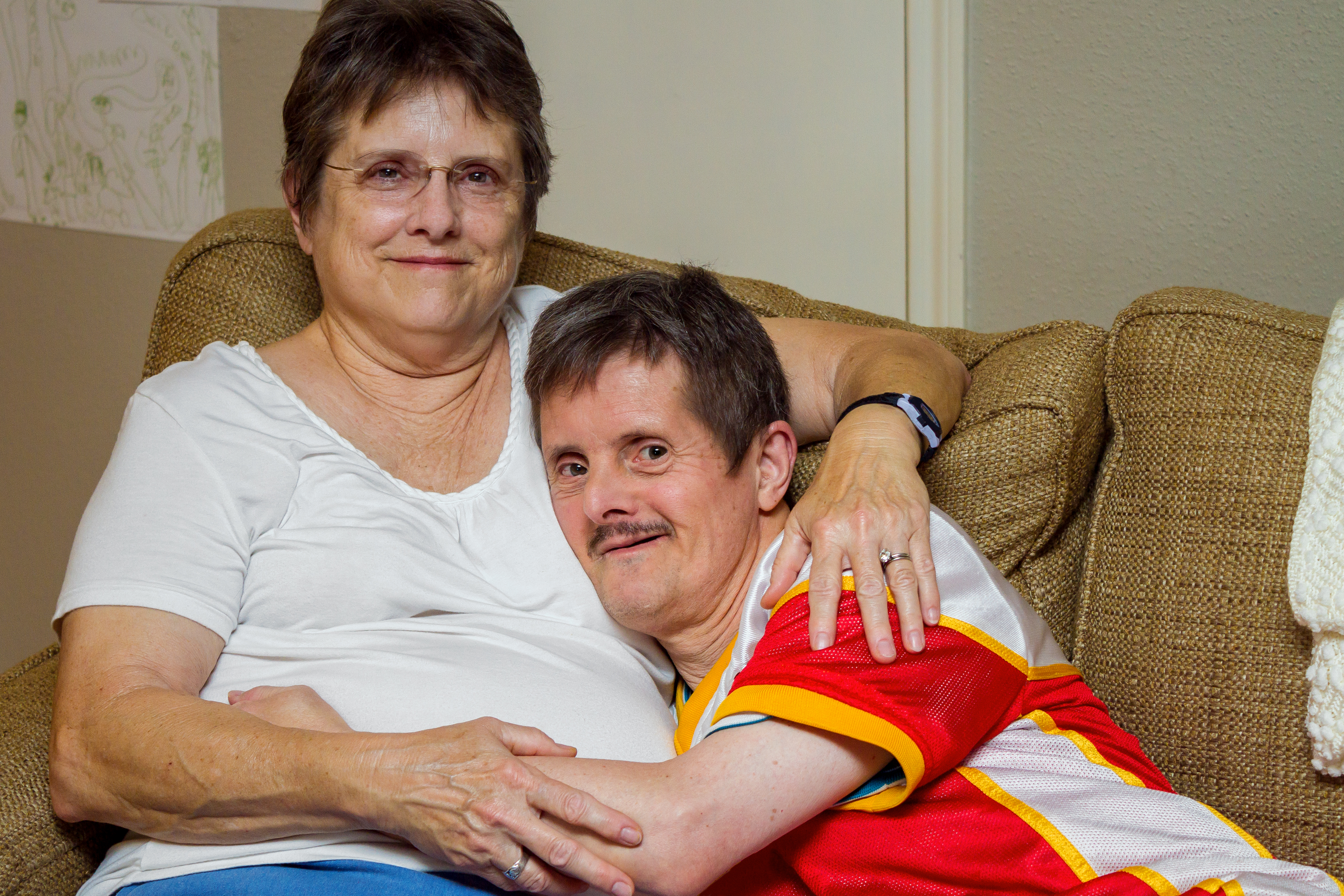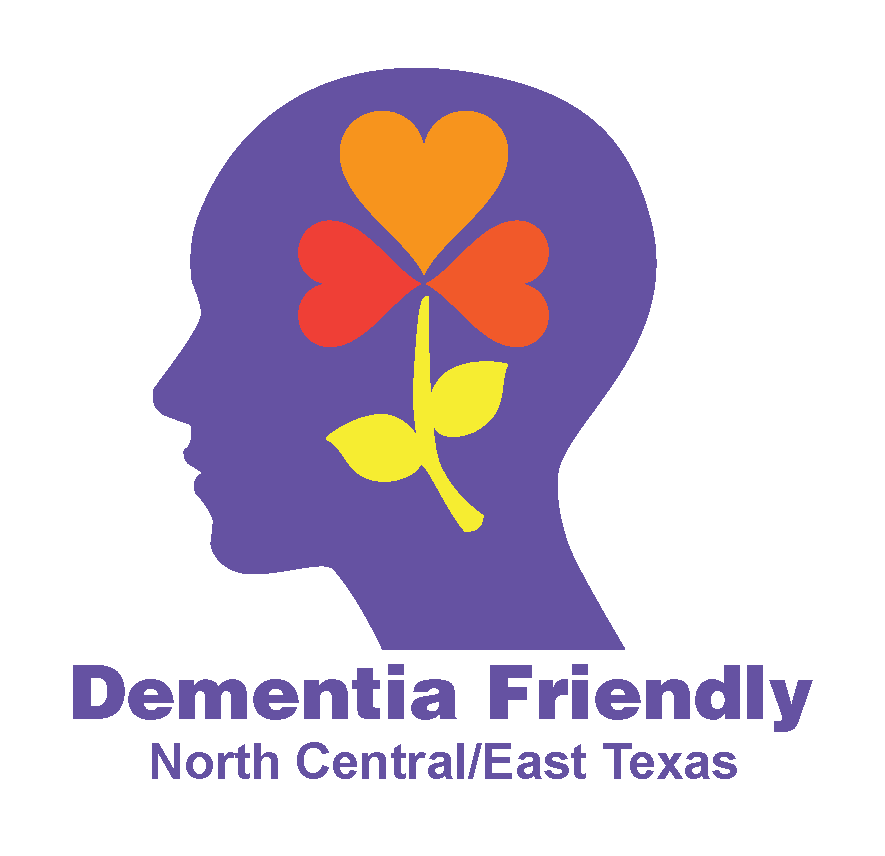Training to Understand Dementia & Provide Better Care
 Dementia Friendly Training Programs
Dementia Friendly Training Programs
Not sure why your family member's behaviors are changing and what to do about those changes? Learn how dementia affects people and how to take good care of your family member and yourself.
Training programs funded through Dementia Friendly include the following.
- Building Better Caregivers - Learn how to better manage stress during this series of six on-line classes. Call Jamie at 682-433-0375.
- Dementia Live© – Learn what it's like to live with dementia and how to provide better care.
- Resources for Enhancing All Caregiver Health (REACH-TX) – REACH provides one-on-one support and education to help deal with challenging behaviors and reduce stress. Call Jamie at 682-433-0375.
Other Free Training Programs
North Central Texas Area Agency on Aging, a department of North Central Texas Council of Governments, supports the following dementia training programs.
- Dementia Education (including live, virtual, and online classes) through the Alzheimer's Association
- Dealing with Dementia through James L. West
- Stress-Busting for Family Caregivers© through James L. West
Dementia Presentation Library
General Dementia Presentations
- Activities through the Stages of Dementia
- Alcohol-Related Dementia, Malnourishment, and How They Affect the Brain
- Alzheimer's Disease and How It Affects the Brain
- Caring for Someone in the Early Stages of Dementia
- Caring for Someone in the Middle Stages of Dementia
- Caring for Someone in the Late Stages of Dementia
- Cognitive Changes: What to Look for and What to Do
- Communication through the Stages of Dementia
- Compassion Fatigue and Resiliency
- Depression Versus Dementia
- Guardianship: What You Need to Know
- Healthy Brain Aging: Reducing Your Risk for Dementia
- Healthy Brain Series: Diet and Exercise
- Healthy Brain Series: Sleep and Stress
- Healthy Brain Series: Socialization and Cognitive Fitness
- Holidays and Dementia
- Living Well with Dementia
- Managing Challenging Behaviors in Dementia
- Managing Emotional Behaviors in Dementia Care
- Managing Hygiene in Dementia
- Managing Physical Behaviors in Dementia Care
- Managing Physical and Emotional Expressions in Dementia
- Preparing for Cognitive Incapacity
- Progression of Dementia and Best Practices in Communication
- Redirection and De-escalation Tips for Dementia Care
- Resources for People with Intellectual Disabilities and Dementia and Their Family Advocates
- Respite Care for Family Caregivers
- Selected Programs That Can Pay Family Members as Caregivers
- Services for People with Dementia and Their Family Caregivers
- Sexuality and Dementia
- Stress and Depression and How They Affect the Brain
- Understanding the Different Types and Causes of Dementia
- Understanding Parkinson's and Lewy Body Dementia
- Vascular Dementia, Stroke, and Depression, and How They Affect the Brain
Intellectual/Developmental Disabilities and Dementia Presentations
- Aging Process and Dementia Risk among People with Intellectual Disabilities
- Aging with Intellectual Disabilities: Symptoms of Dementia and Accurate Diagnosis
- Responding to Behaviors Among People with Intellectual Disabilities and Dementia
- Symptoms of Dementia among People with Intellectual Disabilities and Accurate Diagnosis

Dementia Friendly North Central/East Texas is supported in part by grant number 90ADPI0070, from the U.S. Administration for Community Living (ACL), DHHS, Washington, D.C. 20201. The services are not necessarily endorsed by ACL/HHS.
